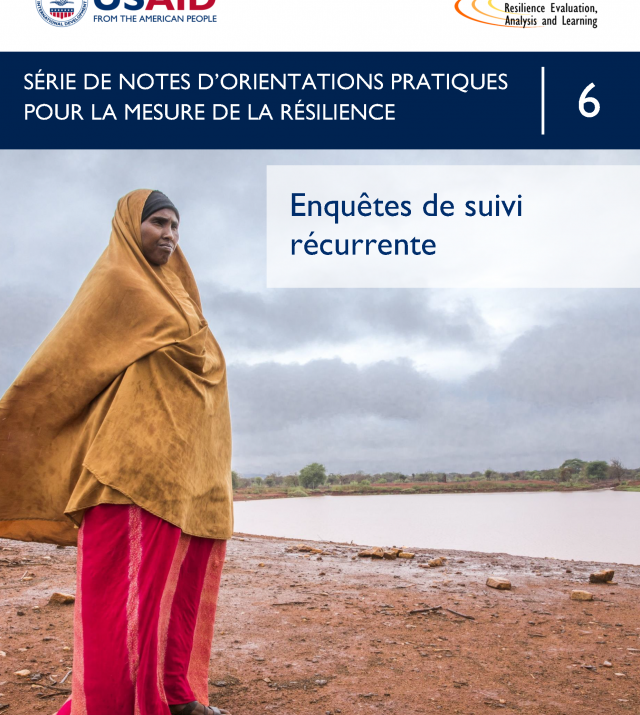
Resilience Measurement Practical Guidance Note Series 7: Cost-Benefit Analysis (CBA) in Resilience Programming

The purpose of Guidance Note 7, Cost-Benefit Analysis (CBA) in Resilience Programming, is to provide a resource for policymakers and implementing organizations looking to identify cost-effective resilience interventions and to prioritize development resources using an economic analysis tool called, Cost-Benefit Analysis (CBA). CBA directly compares the benefits against the costs of a project or activity by placing a monetary value on the benefits. This comparison allows us to understand if the benefits are worth the costs and if we are getting value for our investments in building resilience capacities in contexts affected by shocks and stresses.
This Guidance Note is not intended to be a comprehensive, technical guide on CBA, which has been used in development programming for decades and for which technical guides are widely available. Instead, this Guidance Note is about key considerations and resources for those interested in adapting this well-established methodology to resilience investments.
Read more in the Resilience Measurement Practical Guidance Note Series. A series that synthesizes existing technical documents into pragmatic guidance to assist practitioners in integrating core aspects of resilience measurement into their program assessments, design, monitoring, evaluation, and learning. The series introduces key concepts and guides practitioners through the process of resilience measurement, from assessment to analysis.

